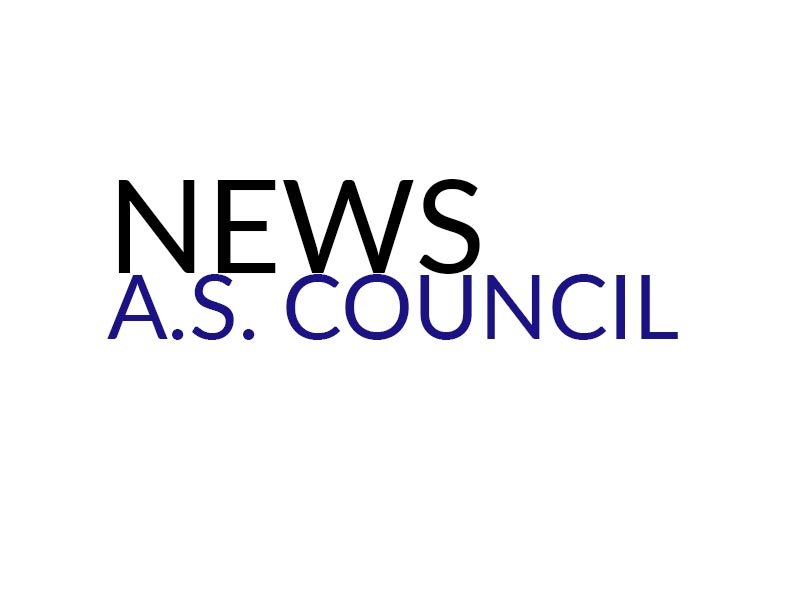Students from across the UC campuses attended the 2015 UC Student Association Student Lobby Conference this past weekend to lobby elected officials to improve California Higher Education and UC affordability.
This conference comes at a time when President Napolitano proposed a 5-percent annual increase in tuition if the state does not provide additional funding. She stated that almost $217 million in additional funds is needed to cover the rising costs of the UC system.
Marshall College junior and incoming A.S. External VP Krystl Fabella told the UCSD Guardian that an increase in tuition hinges upon the decision by the state legislature to give these additional funds.
“Basically, the University of California Student Association recognizes now that the fate of our tuition rests in the funding decisions at the hands of the legislation,” Fabella explained. “We have made it our priority to do whatever it takes so that UC students are not hit by the tuition increase this fall, and that meant demanding the extra $217 million from the state.”
According to UCSA President Jefferson Kuoch-Seng, the focus for this year’s conference was to ensure a reinvestment into higher education.
“This year, the theme of the conference is ‘Reclaim the Future, Rebuild Education,’” Kuoch-Seng told the Guardian. “We hope to achieve a strong supportive reinvestment from the state into higher education while also empowering our students to fight for what they believe in.”
To ensure steady reinvestment into higher education, UCSA has been working toward keeping the UCOP and Gov. Brown accountable to their promises.
“We’ve been pushing for UCOP to uphold their end in keeping tuition frozen while also trying to make sure that [Brown] will keep his promise of a steady reinvestment in the UC [system],” Kuoch-Seng said.
UCSA also demonstrated its support for a variety of legislation that would affect UC students. One such legislative measure is SCA1, a step that Fabella believes could help make the UC Board of Regents more fiscally responsible and accountable.
“One of our main legislative tasks was support for SCA1, which would essentially strip away the UC Regents of their constitutional autonomy and allow for legislative oversight of budgeting and spending,” Fabella said.
UCSA also lobbied officials to accelerate the implementation of the Middle Class Scholarship Act. This act is intended to help families hoping to attend a UC or CSU campus by cutting tuition by 40 percent for families making less than $100,000 a year and by 10 percent for those making less than $150,000 a year.
Moreover, UCSA sought continued investment and growth of Cal Grant A and B programs as well as asking the state to provide start-up costs of $4.7 million for the DREAM Loan program.
Aside from lobbying elected officials, UCSA hoped that this year’s conference would develop students’ lobbying skills and raise awareness of pertinent issues that affect all UC students.
“With the conference over, we definitely hope that the attendees feel empowered enough to become strong student activists for our university,” Kuoch-Seng said. “We hope that students use the knowledge that they have gained from our conference and utilize it in the most productive way possible.”
Although Napolitano’s plans for increased tuition have been postponed until after summer session, Fabella encourages students to fight the possible hike in costs by reaching out to their state representatives and having their voices heard.
“UCSD students can also know that they are empowered with ways to combat the tuition hike and any other [University of California]-wide issues, through the external office, through lobbying opportunities, through campuswide organizing and having support and advocacy through their A.S. representatives,” Fabella said.








